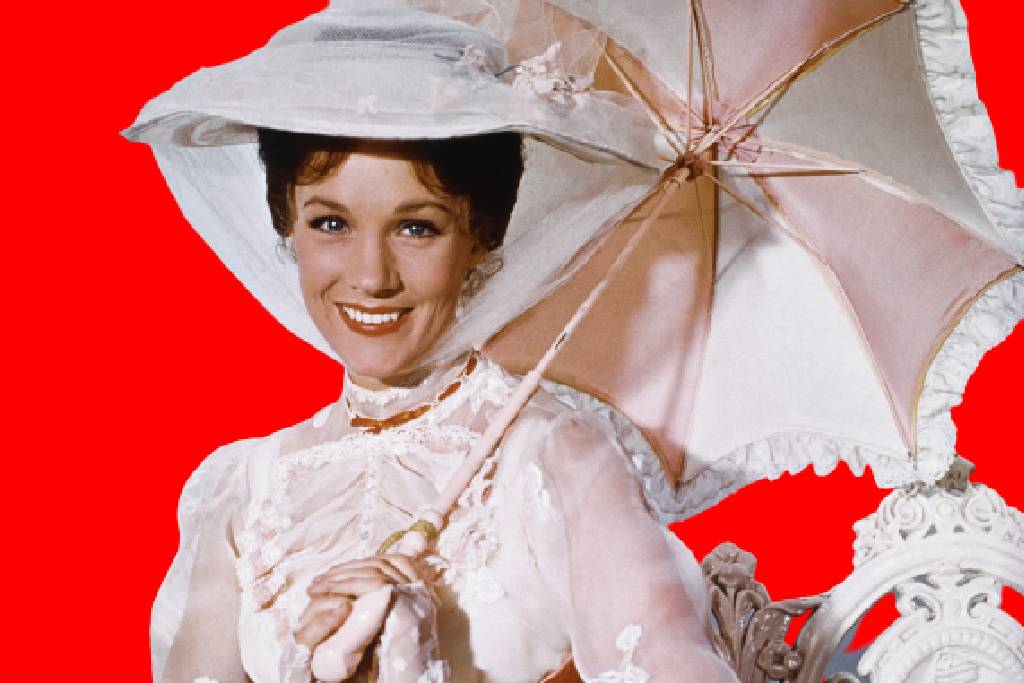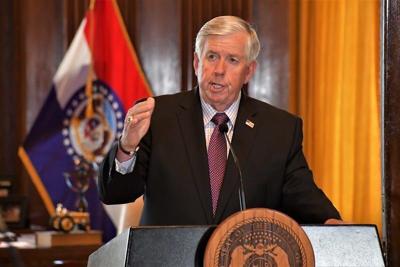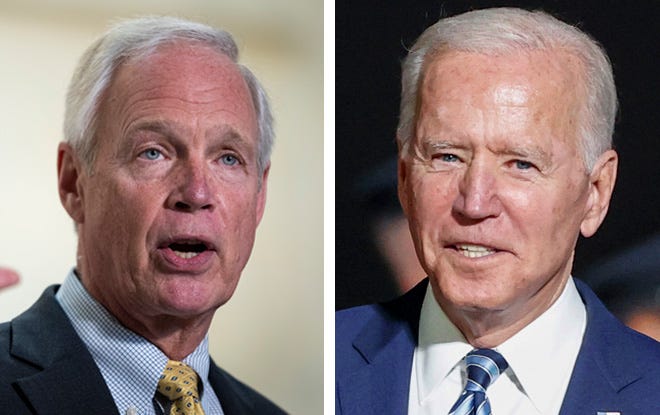Donald Rumsfeld – War criminal, torturer-in-chief, enemy of the world’s people
Richard Becker
Donald Rumsfeld, a primary architect of the criminal wars in Afghanistan and Iraq, died on June 30. Rumsfeld was best known for his terms as Secretary of “Defense,” 1975-77 and again in 2001-06.
As is standard practice for nearly all high government officials on their death, the corporate mass media, while not without mild criticism, treated Rumsfeld as a generally honorable person. He wasn’t. In reality, he was a mass killer, a co-conspirator in the deaths of hundreds of thousands of people who never did or could threaten the United States.
Rumsfeld, with President George W. Bush, Vice-President Richard Cheney (a Rumsfeld protégé), Paul Wolfowitz, and National Security Advisor and Secretary of State Condoleezza Rice along with others, constituted the core of a neo-con gang determined to reorder the world in their own twisted image. They failed but at the cost of millions of lives, vast destruction and trillions of dollars in wasted resources.
In his second tour at the Pentagon, Rumsfeld oversaw the 2001 invasion of Afghanistan, the 2003 “shock and awe” massive air assault and occupation of Iraq and the institutionalization of torture in such infamous prisons as Abu Ghraib in Iraq, Bagram military base in Afghanistan, Guantanamo Bay in Cuba, and many lesser known dungeons. He joked about torture and demanded to know why prisoners placed in prolonged stress positions – causing excruciating pain – were only kept in such positions for four hours at a time.
A 2009 Senate report stated: “The abuse of detainees at Abu Ghraib in late 2003 was not simply a result of a few soldiers acting on their own . . . “Interrogation techniques such as stripping detainees of their clothes, placing them in stress positions and using military working dogs to intimidate them appeared in Iraq only after they had been approved for use in Afghanistan and at [Guantánamo] … Rumsfeld’s authorization of aggressive interrogation techniques [writer’s emphasis] and subsequent interrogation policies and plans approved by senior military and civilian officers conveyed the message that physical pressures and degradation were appropriate treatment for detainees in U.S. military custody.”
From the day they took office in 2001, conquering Iraq was at the very top of the agenda for Rumsfeld and his cohort. Rumsfeld’s immediate reaction to the September 11 attacks in New York and Washington was to see it as offering a possible opportunity to invade Iraq, even though there was zero proof that Iraq was the source of the attacks.
According to an aide’s notes, Rumsfeld said he needed, “best info fast. Judge whether good enough to hit S.H. [Saddam Hussein] @ same time. Not only UBL [Osama bin Laden].” Later the same day he advocated: “Go massive. Sweep it all up. Things related [to the 9-11 attacks] and not.”
Clearly, Rumsfeld was hoping that shocked U.S. public opinion in the aftermath of the attacks would allow carrying out assaults on Iraq and perhaps other “enemies” in addition to Afghanistan.
In fact Al-Qaeda, which claimed the attacks, and the secular government in Iraq were bitter enemies. That undeniable fact did not stop Rumsfeld, Cheney and others from seeking to make a false link right up to the invasion of Iraq in March 2003. In the lead-up to the war, they relentlessly promoted the fabricated “intelligence” that Iraq had “weapons of mass destruction” including nuclear weapons.
After the fall of Baghdad on April 9, 2003, Rumsfeld said the removal of Saddam Hussein “created a more stable and secure world.”
He also proclaimed: “I can’t tell you if the use of force in Iraq today will last five days, five weeks or five months, but it won’t last any longer than that.”
Twenty-eight months later, as the Iraqi resistance to occupation was gaining momentum by the week, Rumsfeld denied that the U.S. and allied forces were sinking into a quagmire. “I don’t do quagmires,” he said.
By then, public opinion was turning dramatically against both the war, Rumsfeld and the other war makers. After the 2006 mid-term election, Bush fired Rumsfeld in an attempt to defuse the opposition to the war.
U.S. forces, while much reduced in number, are still in Iraq today in defiance of the will of the Iraqi people and government.
Despite playing a key role in the catastrophic wars in Afghanistan and Iraq, Rumsfeld never issued a word of apology to the people of those countries or to the families of thousands of U.S. troops killed or to the tens of thousands wounded in wars based on false pretences.
In 2004, Rumsfeld sent U.S. forces, along with those from France and Canada, to overthrow the elected Haitian government of Jean Bertrand Aristide and occupy the country. Haiti remains occupied to the present.
He was part of the U.S.-orchestrated coup against the Hugo Chavez-led government of Venezuela in April 2002, which was turned back by the mass mobilization of the Venezuelan people and revolutionary forces inside the military there.
Rumsfeld was a sworn enemy of Cuba, North Korea, the Palestinian people and all national liberation and progressive movements in the world.
While Rumsfeld is best known for wars and interventions, he was also an enemy of the working class here. Appointed by Nixon to be director of the new Office of Economic Opportunity in 1969, he immediately set out to slash recently enacted Medicare benefits, the Supplemental Nutrition Assistance Program (food stamps) and other programs that met the needs of low-income people.
Like so many other high-ranking officials, Rumsfeld took full advantage of the revolving door between government and private business, amassing a fortune in the hundreds of millions.
Unlike so many of his victims, he lived out his life in luxury and was, unfortunately, never brought to justice. But history will remember him for the criminal he was.







